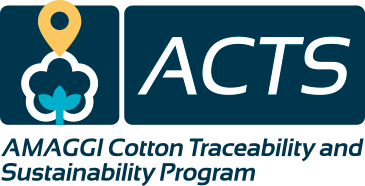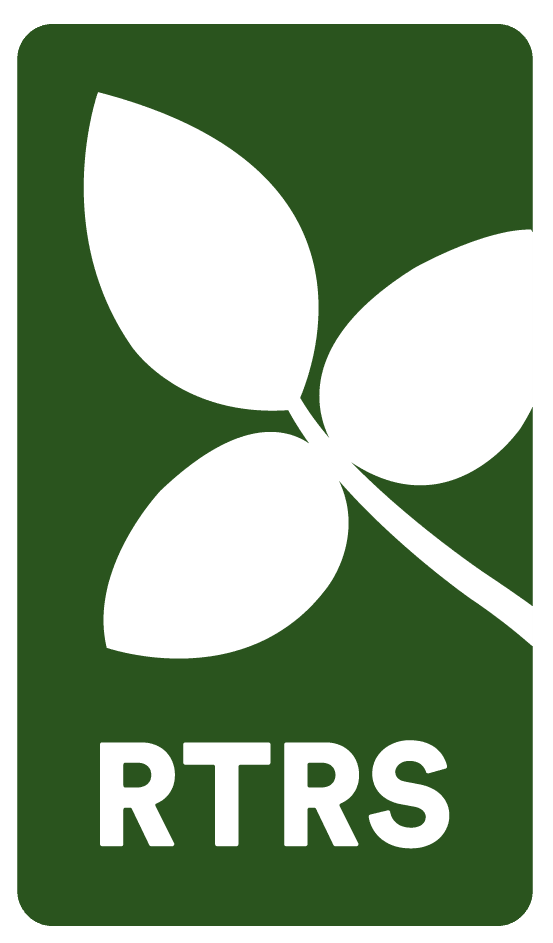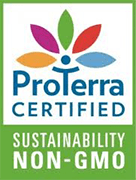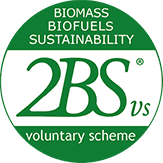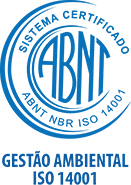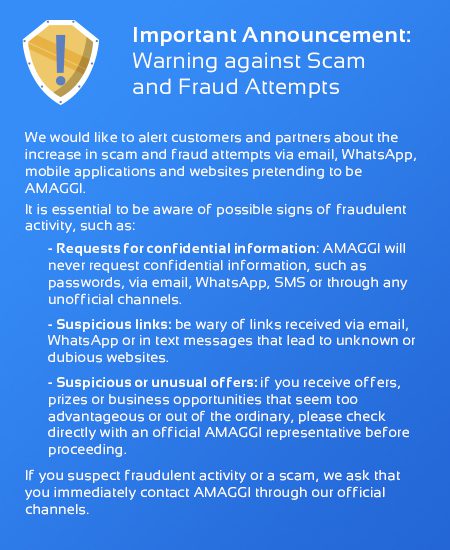AMAGGI
Socio-Environmental Management
We are committed to acting in a socially fair, environmentally responsible and economically viable manner. To this end, we have developed the Socio-Environmental Policy and the Socio-Environmental Management (GSA). Both are based on the NBR 16001:2012 requirements and integrate ISO 14001:2015 standards and A.R.S. (AMAGGI Responsible Standard), RTRS (Round Table on Responsible Soy), ProTerra and ABR/BCI (Responsible Brazilian Cotton / Better Cotton Initiative).
GSA is formed by a set of activities developed and operated by the Corporate Sustainability area together with the company’s units. The proposal is to prevent and minimize possible negative socio-environmental impacts related to AMAGGI’s operations, products and services, in addition to maximizing positive impacts with actions and programs.
Click here and know the scope of GSA and Social and Environmental Certifications.
Our Policy
AMAGGI operates in agricultural and soybean production, origination, processing and marketing of grains, inputs, energy, port administration and river transport. The Socio-Environmental Policy reaffirms our commitment to act in a socially fair, environmentally responsible and economically viable manner. AMAGGI’s performance is guided by the principles of transparency and good governance. Therefore, the premises are environmental protection, minimization of socio-environmental risks and the search for continuous improvement that respects the needs and expectations of stakeholders.
- Meet achievable legal requirements and other requirements to which the organization subscribes related to its socio-environmental aspects.
- Improve our processes, seeking to prevent pollution and social impacts, manage greenhouse gas emissions and improve socio-environmental performance in our operations and value chain.
- Adopt good socio-environmental practices to minimize accidents, negative impacts and generate shared value.
- Promote business partners and key stakeholders engagement for socio-environmental responsibility.
- Promote respect for Human Rights and decent work in its operations and value chain.




